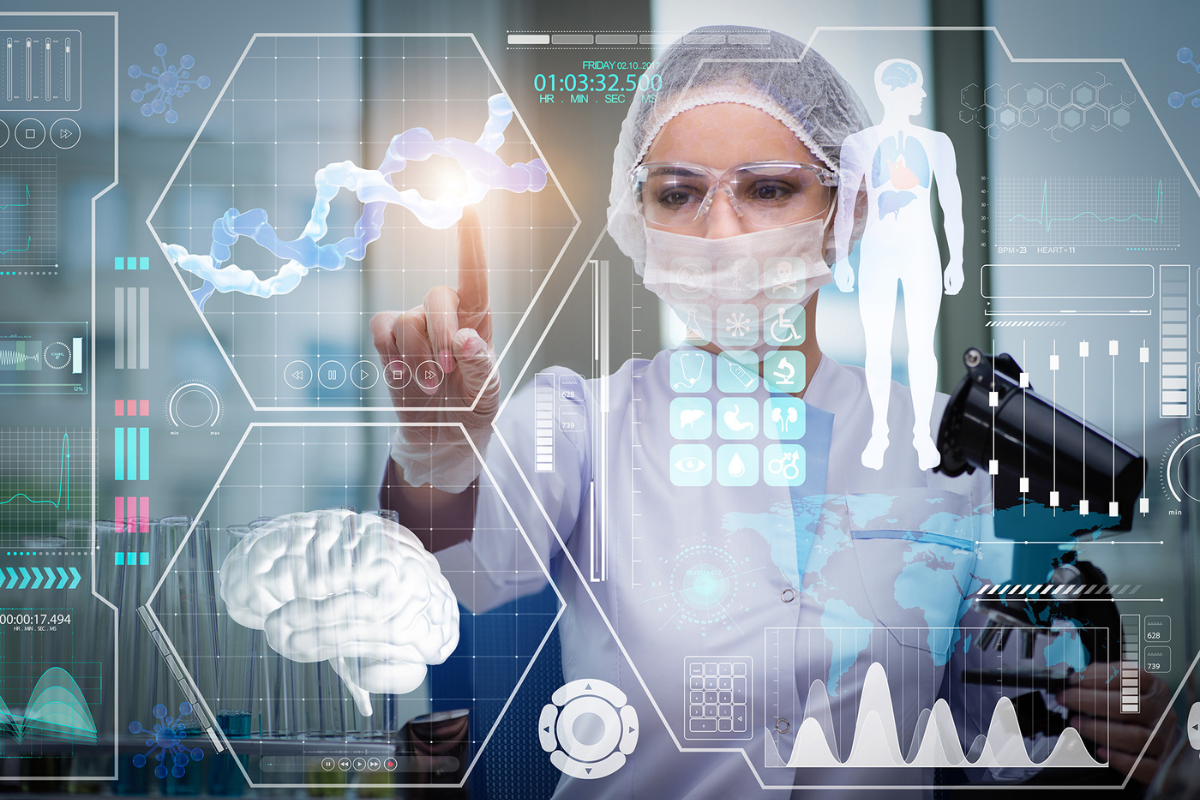The healthcare industry has experienced tremendous changes and advancements over the years, and the future of healthcare looks even more promising with more innovations and breakthroughs. With new technologies and research, healthcare is becoming more efficient, personalized, and accessible. In this article, we will explore some of the most promising innovations and breakthroughs that are set to revolutionize healthcare in the future.
Telemedicine
Telemedicine is the use of technology to provide healthcare services and information remotely. This includes virtual appointments with healthcare providers, remote patient monitoring, and digital health tools. The COVID-19 pandemic has accelerated the adoption of telemedicine as a way to reduce in-person interactions and curb the spread of the virus. Telemedicine has made healthcare more accessible, especially for people in rural or remote areas. Patients can receive medical advice, prescriptions, and monitoring from the comfort of their homes, and healthcare providers can reach more patients in a cost-effective manner.
Artificial Intelligence
Artificial intelligence (AI) is another promising technology that is transforming healthcare. AI can help healthcare providers to analyze large amounts of data, identify patterns, and make informed decisions. AI-powered tools are being used to develop personalized treatment plans, predict disease outcomes, and automate administrative tasks. AI can also improve diagnostic accuracy, reduce medical errors, and enhance patient outcomes.
3D Printing
3D printing is a technology that is being used in healthcare to create prosthetics, implants, and even human tissues and organs. This technology can create customized medical devices that fit the patient’s unique anatomy, improving patient outcomes and reducing the risk of complications. 3D printing can also reduce the time and cost of producing medical devices, making them more accessible to patients.
Genomics
Genomics is the study of the genome, which is the complete set of DNA of an organism. With advancements in genomics, healthcare providers can better understand the genetic causes of diseases and develop personalized treatment plans based on a patient’s genetic makeup. Genomics can also help identify genetic risks for certain diseases, allowing for early detection and prevention.
Nanotechnology
Nanotechnology involves manipulating materials at the atomic or molecular scale. In healthcare, nanotechnology is being used to develop new treatments for diseases such as cancer. Nanoparticles can be designed to deliver drugs directly to cancer cells, reducing the need for chemotherapy, which can have harmful side effects. Nanotechnology can also be used to create biosensors for early disease detection and monitoring.
Takeaway
In conclusion, the healthcare industry is on the brink of a technological revolution that will change the way we approach medical care. With the emergence of telemedicine, patients can receive quality medical attention from the comfort of their homes, eliminating the need for expensive hospital visits. Artificial intelligence is changing the game by allowing healthcare professionals to diagnose illnesses more accurately, predict patient outcomes, and streamline the care process.
3D printing is another technological breakthrough that is changing the way we approach healthcare. With the ability to create custom prosthetics and implants, 3D printing is providing patients with more personalized care and treatment options. Genomics is also playing a significant role in healthcare innovation, as researchers continue to uncover the genetic basis for many diseases, leading to more personalized and targeted treatments.
Finally, nanotechnology is revolutionizing the field of medicine by enabling us to build devices and systems that can interact with the body on a cellular level. This technology is paving the way for new and improved diagnostic and treatment methods, as well as implantable devices that can monitor and regulate bodily functions in real-time.
As we look to the future of healthcare, we can expect even more exciting innovations that will change the way we approach medicine. The possibilities are endless, and with continued investment in research and development, we can create a healthcare system that is more efficient, personalized, and accessible to all. The potential to improve patient outcomes, reduce healthcare costs, and save lives is enormous, and we are on the cusp of a new era in healthcare that promises to transform the lives of millions of people around the world.











